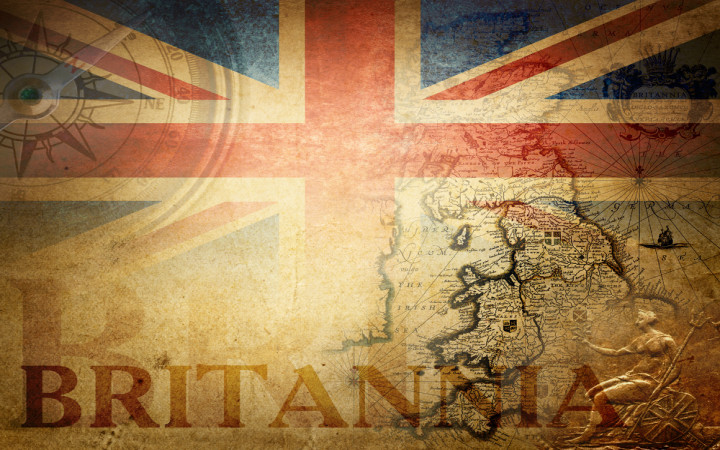Today’s Wonder of the Day was inspired by AJ from New York City, NY. AJ Wonders, “Who invented the English language and how did they develop the words that we use today?” Thanks for WONDERing with us, AJ!
Have you ever read a book that was written a long, long time ago? Maybe something by Charles Dickens or Robert Louis Stevenson? If so, you've probably noticed that it was written in English, but it might not be as easy to read as more modern books you've read.
Likewise, if you've ever watched a television show from another English-speaking country, such as Great Britain, you may have realized the characters were speaking English, but the words they used and the way they spoke them was probably different than you're used to.
Why is that? If we're all speaking or writing English, why doesn't it all sound the same? Are there different kinds of English? Do we people in the United States speak English…or American?
The history of the English language is a long and interesting story. Historians trace its origins to three Germanic tribes — the Angles, the Saxons, and the Jutes — who invaded Great Britain way back in the fifth century.
The people who lived in Great Britain at that time spoke a Celtic language. The invaders pushed these people north and west into what is today Wales, Scotland, and Ireland. The invading Angles came from “Englaland" and the language they spoke was called “Englisc." That's where “England" and “English" came from.
The languages spoken by the invading Germanic tribes were similar. They developed into what scholars now call Old English. Old English didn't sound or look much like what we consider English today. In fact, you probably wouldn't be able to understand a word of it! Many modern words, though, do have Old English origins.
Old English was spoken until around 1100, when William the Conqueror — also called the Duke of Normandy (which was part of modern France) — invaded England. The Norman invaders spoke an old version of French and many of these words mixed with Old English to become what historians refer to now as Middle English.
In the 1500s and 1600s, trade brought many new peoples into contact with each other. The printing press also made books more common, and many more people learned to read. As more words and phrases from foreign countries seeped into the language, Middle English became Early Modern English.
In the 1800s, the Industrial Revolution and new technology gave people a need for more new words. Likewise, the British Empire was so vast that more and more foreign words began to influence the language. Early Modern English turned into Late Modern English, which is closest to the version of English we speak in the United States today.
Would you believe that the English language is still evolving? It's true! New words get added to the dictionary every year. Trends, slang, and the events of the day lead to new words being created all the time. If you don't believe us, just ask a friend or family member to tell you about some words that were popular when they were young that are no longer used today!




